Researchers tune the properties of a known semiconducting material so that it behaves like a metal, with some superconducting behavior, for more efficient electronic devices.


Researchers tune the properties of a known semiconducting material so that it behaves like a metal, with some superconducting behavior, for more efficient electronic devices.
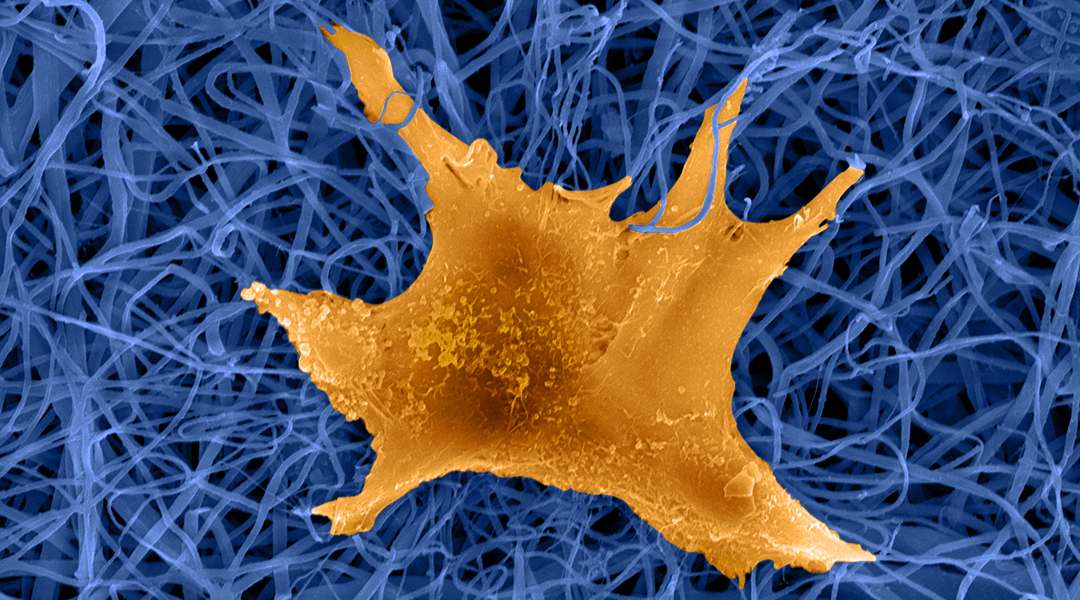
Electrospinning is an emerging fabrication technology that holds great promise in advancing skin tissue engineering and in developing an array of novel therapies.

Researchers from Freie Universität Berlin explore the impact of 3D pharmacophores on drug discovery, as well as recent developments in the field.

Will artificial intelligence expand and enhance its teaching prowess to the point where it can replace the professor in his or her traditional role?

Scientists feed live microalgal cells terbium to fabricate 3D functional devices.
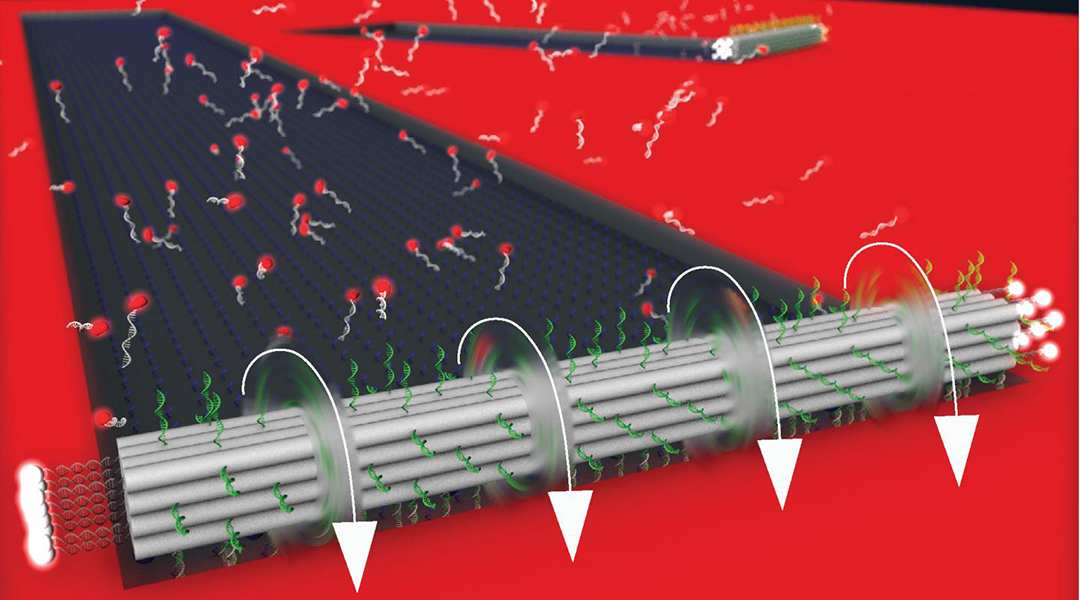
Scientists pave way for nanobots to one day diagnose and treat disease with the first DNA-based motor to run on chemical energy.

A wireless acoustic sensor that can be worn over fur could be especially useful for monitoring the vital stats of working animals such as sniffer dogs.
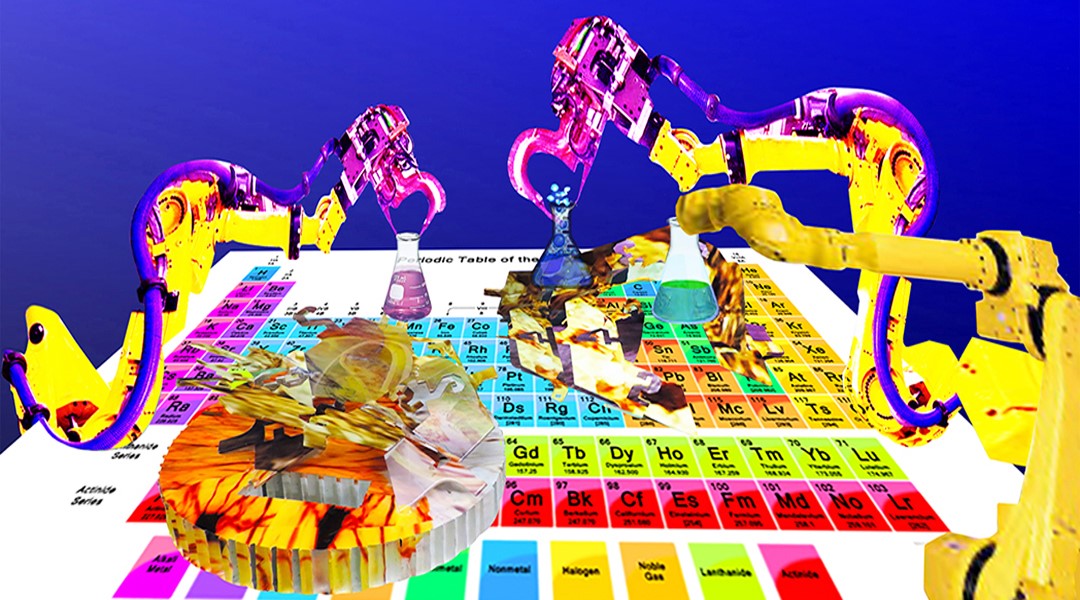
AI is being leveraged to provide machines with the capacity to match or even outperform humans in many endeavors. So what does this mean for the synthetic chemist?
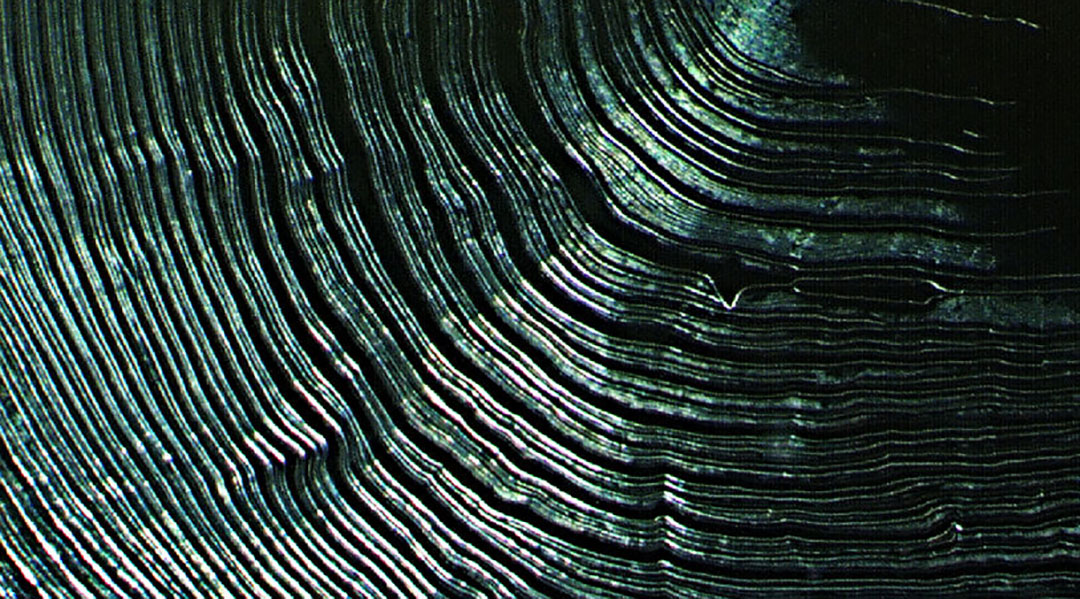
Researchers create new “superglue” with two simple ingredients: plant-based cellulose nanocrystals and water.
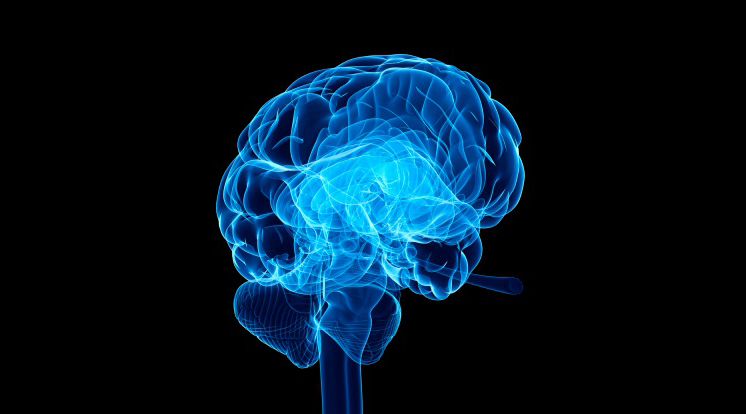
Studying the links between cilia and signaling pathways sheds light on our understanding of nervous system development.